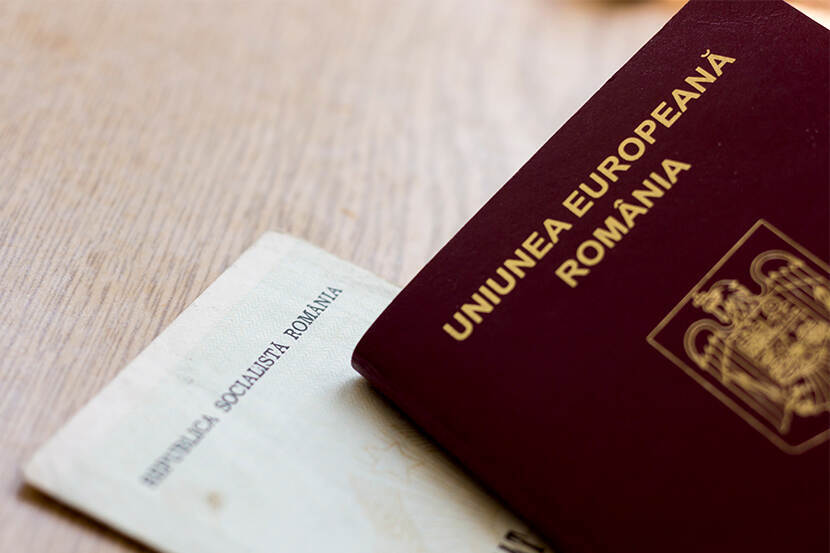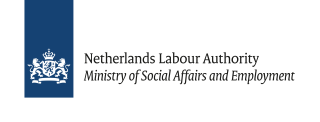Romanian migrant workers in the Dutch meat industry
The Dutch Labor Inspectorate has launched an investigation into a group of 13 Romanian migrant workers who were abandoned on the streets by staff of a Dutch employment agency. The migrants were supposed to work in the meat processing industry in North Brabant through the agency. However, they were not allowed free access to their identity documents, which had been confiscated by coordinator employed by the agency.
The Romanians were recruited via Facebook and then transported to Germany. Upon arrival, they were temporarily housed in Kleve, with no prospects of employment. Subsequently, they were transported to the Netherlands without food or drink and without any idea of where they were being taken. Their passports were seized, and they were forced to sign documents in Dutch, a language they do not understand.
The Dutch Labor Authority stated: 'Unfortunately, we see these kinds of practices more often: migrant workers are promised the world in their home countries, only to end up in terrible conditions. Reports like those from Fairwork are very valuable to us, as they help us crack down on rogue employment agencies — in this case, in the meat industry. Migrant workers themselves often don’t dare speak up out of fear for retaliation or dismissal.'
Aggression and Intimidation
It later emerged that the confiscation of these personal documents was used as leverage to hold the Romanians liable for medical, transportation, and housing costs - even though they had not yet been able to earn any income. The coordinators used aggressive and intimidating tactics to force them to pay these expenses.
Report to Fairwork
Eventually, some of the Romanians managed to escape from the control of the coordinators. They contacted Fairwork. The NGO alerted the Labor Inspectorate, and together they safely collected and sheltered the workers. The Romanians are now being supported in finding new housing and employment.
Fairwork stated: 'Shelter and protection are absolutely essential for victims in such situations. When these are provided, there's more safety for victims to contribute to the investigation of their employers. In our view, this case shows that working together gets results. It helps victims come forward with their stories.'
Reporting Unfair Working Conditions
The Labour Authority frequently discovers labour law violations involving migrant workers, often through schemes involving employment agencies. The Verification Obligation Checklist helps to determine whether someone is legally allowed to work in the Netherlands. The Labour Authority stresses the importance of reporting unfair, unsafe, or unhealthy working conditions. Reports can be submitted via our website.

